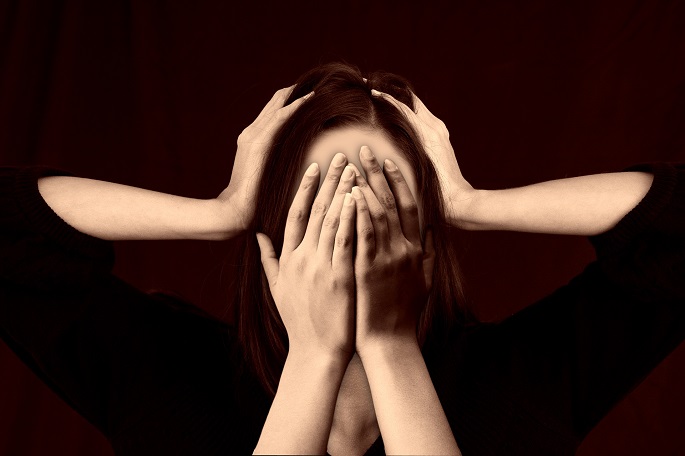Majority of higher study students find lacking in mental health services
Published : 15 Oct 2024, 03:29
Updated : 15 Oct 2024, 03:33
About 60% of women and 68% of men felt that they have received inadequate mental health services from the FSHS, which provides student health care services for higher education students, according to the Finnish Student Health and Wellbeing Survey.
The survey conducted by the Finnish Institute for Health and Welfare (THL) last spring also found that over the past three years, there have been no major changes in the number of people who were in need of mental health services but received them insufficiently, said THL in a press release on Monday.
“Based on FSHS data, the demand for mental health services has tripled compared to the period before the coronavirus pandemic. The majority of cases prove to be mild or moderate mental health disorders. To respond to the demand, we established a digital mental health clinic for the FSHS and reformed our service model so that students with less severe symptoms are primarily referred to low-threshold treatments. This way, there will be enough resources for more intensive treatment of those with more severe symptoms,” said Teija Kulmala, Medical Director of FSHS.
Meanwhile, the psychological distress of higher education students has decreased over the past three years, especially among women, according to the survey.
The significant psychological distress experienced by students decreased from 35% to 29% between 2021 and 2024. Psychological distress among women decreased from 40% to 32%, said THL in a press release on Monday.
In the study, psychological distress was measured using the MHI-5 survey, the five questions of which survey anxiety, depression and perceived happiness over the past four weeks.
“The coronavirus pandemic had a negative impact on students’ mental health. Current psychological distress has now decreased compared to the pandemic. This is the first good news on the mental health of young people and young adults in a long time,” said Olli Kiviruusu, Research Manager of THL.
About 23% of women and 10% of men studying at a higher education institution had been diagnosed with an anxiety disorder in the past 12 months. Correspondingly, 18% of women and 12% of men had been diagnosed with depression in the past 12 months.
Diagnosed anxiety disorders and depression have become more common among women, but their occurrence has remained at the same level among men.
“The increase in diagnosed diseases may reflect the easier access to mental health services compared to the coronavirus pandemic. There are some signs of easier access to the services,” said Jaana Suvisaari, Research Professor of THL.
The Finnish Student Health and Wellbeing Survey was conducted in spring 2024. A total of 3,600 students aged 18–34 from universities and universities of applied sciences ( Polytechnic Institutes) around Finland participated in the survey.


